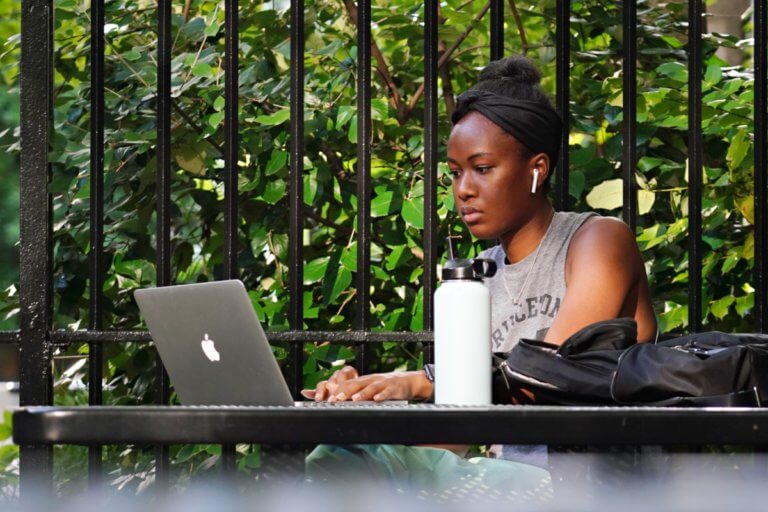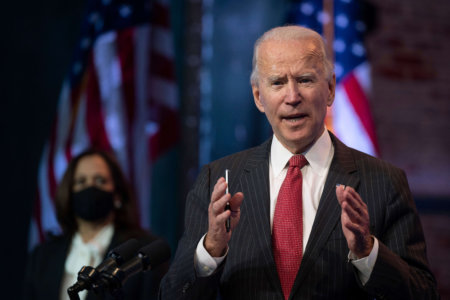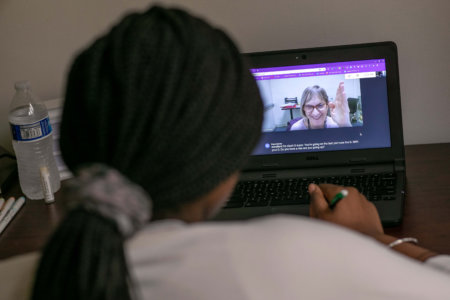
International students are yearning for face-to-face learning and are willing to quarantine than defer their studies, said research by student recruitment firm IDP Connect and Universities UK International (UUKi). The third instalment of the International Student Crossroads survey examined the attitudes and behaviours of over 5,000 international students, current applicants and offer holders to higher education institutions across Australia, Canada, New Zealand, the UK and the US.
There is a growing acceptance of the measures put in place to mitigate risk — 92% of students are willing to quarantine on arrival, up from 72% in June, and to commence their studies online before transitioning to face-to-face later in their course, up from 31% in April and 40% in June to 43% in October, it said. Students from India, Bangladesh, Sri Lanka and Nepal are among the nationalities of students who are most willing to quarantine.
The study also suggests that international students are both eager and impatient to commence their on-campus studies. Only 44% of respondents are willing to wait three months before transitioning to face-to-face; 16% would be willing to wait up to six months and only 5% are willing to wait up to a year. “Positively, for institutions reliant on large numbers of students commencing their studies in early 2021, increasing numbers of students in the survey are expecting to commence their studies as planned (80%), up from 69% in April and 74% in June,” it said.
Students willing to change destination for face-to-face learning
ICYMI: Universities across all provinces are being approved. Is yours on the list? #DLI #COVID19https://t.co/tnF6XfrVif
— Study International (@Study_INTNL) November 23, 2020
The importance of face-to-face learning also affects where they choose to enrol at; 45% of students would consider switching study destinations if that means starting face-to-face learning sooner. The study found that the UK and US’s policies of remaining open to international students throughout the pandemic have been received positively. The opposite is true for countries such as Australia and New Zealand where borders have remained closed, leading to growing restlessness from students.
In terms of overall handling of the crisis amongst international student applicants and offerees, Canada and Australia still trump the UK. “The survey also found that the UK sector is at risk of students switching destination countries to gain more face-to-face teaching earlier — among UK applicants and offer holders, 33% of respondents stated that they are likely to change destination if it enabled them to get face-to-face teaching earlier.
“Our research has shown that students are increasingly determined to commence their studies as planned. Many (44%) are only willing to study online before transitioning to face-to-face for up to three months. They are seeking solutions and want support from universities and governments to help get them on to campus sooner,” IDP Connect CEO Simon Emmett said.
Countries perceived to be less “open for business” risk losing international students. “Countries that have communicated strongly that international students are welcome, such as the UK, have seen a rise in attractiveness compared to countries with stricter border controls, such as Australia,” he said. Emmett encouraged educators and policy makers to understand the concerns of their student cohort and to work with governments to find new ways to deliver blended models of delivery and enable students to study on campus sooner.
UUKi director Vivienne Stern said, “Universities are working hard to welcome new students, to clearly communicate the experience new students can expect, and are being flexible where possible around start dates and learning options. In the face of growing competition, the UK higher education sector needs to continue to work together, and with government, to ensure the UK remains open for international students, delivering high quality education whether online or face-to-face, where safe to do so.”










